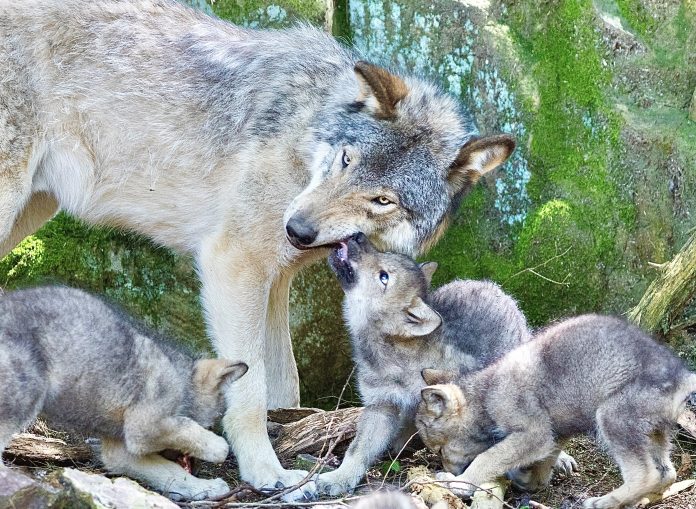
Colorado’s Reintroduced Copper Creek Wolf Pack Has Been Captured; The Father Wolf Has Sadly Died
“This decision not only puts the well-being of Colorado wolves at risk, but also sets a dangerous precedent for future wildlife management decisions,” said Leslie Williams and Samantha Attwood, founding members of The #RelistWolves Campaign. “The science clearly shows that relocation is little more than a short-term band-aid. Numerous nonlethal preventative measures are available and should have been exhausted before making this potentially tragic decision.”
You can help all animals and our planet by choosing compassion on your plate and in your glass. #GoVeg


